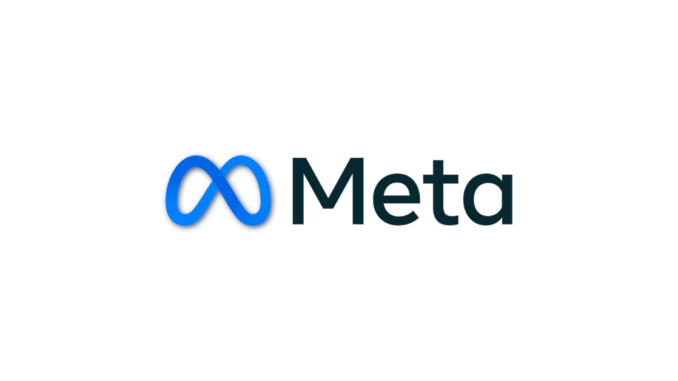
Share this on
Meta AI Unit Tensions division is undergoing one of the biggest shake-ups in its history. A newly formed elite Meta AI unit, packed with highly paid researchers, is sparking friction with long-time employees. The promise of building superintelligence is colliding with workplace politics, pay disparities, and questions about culture. Here’s what you need to know about the Meta AI unit tensions dominating the tech world.
Read more : full article on why this tension has grown bigger
What Is Meta’s Elite AI Unit?
Meta recently created an internal group, sometimes called the “TBD Lab,” as part of its Meta Superintelligence Labs (MSL). This elite team is tasked with building frontier AI systems — the kind that could rival or surpass human intelligence.
Key features of the unit include:
- High salaries: Some researchers reportedly received multimillion-rand offers.
- Secrecy: Access to their workspaces is badge-restricted, and their names aren’t fully listed on internal charts.
- Top hires: Many come from rivals like OpenAI and Google, giving Meta a strong but expensive talent pool.
Read : Mystery South African Becomes Millionaire with R41 Million Lotto Win
Why Are There Meta AI Unit Tensions?
The rise of this exclusive team has unsettled Meta’s long-time AI staff. The tensions largely come down to:
- Pay disparities – Legacy staff earn far less than new recruits, despite years of contribution.
- Cultural clashes – Veterans value openness, while the elite unit operates in secrecy.
- Resource allocation – Compute power, funding, and visibility are flowing toward the new lab.
- Uncertainty – Older teams like FAIR fear being sidelined in Meta’s shift toward superintelligence.
Who Has Already Left Meta’s AI Teams?
The shake-up has already triggered departures from both new and old staff. Some high-profile recruits quit shortly after joining, while long-standing Meta employees are also leaving over frustration with leadership decisions. This churn adds to instability and makes the Meta AI unit tensions more visible.
Why It Matters for Meta and AI Research
The stakes are high. Meta is betting big on AI to compete with OpenAI, Google DeepMind, and Anthropic. But if workplace tensions continue, Meta risks:
- Losing experienced researchers to rivals.
- Damaging morale across its broader AI teams.
- Slowing progress on AI breakthroughs.
- Creating negative public perception around fairness and openness.
For South African tech professionals following global AI trends, this is a reminder that even the biggest companies struggle with balancing innovation, pay equity, and culture.
What Could Happen Next?
To ease the Meta AI unit tensions, leadership may need to:
- Increase pay and recognition for existing staff.
- Offer clear promotion pathways into elite groups.
- Be more transparent about goals and resource allocation.
- Balance secrecy with Meta’s traditional openness in research.
How Meta handles this moment could define its role in the global AI race.
Final Thoughts
The story of Meta AI unit tensions shows that cutting-edge research is not only about models and machines but also about people. As Meta tries to build superintelligence, it must also build trust inside its own walls. Otherwise, the future of its AI ambitions could be at risk.

Leave a Reply